A book recently came into my possession that has been tossed around in my family like a hot potato for several generations.
Entitled Religion and Slavery: A Vindication of Southern Churches, the book's author was James McNeilly, a Presbyterian minister and confederate veteran from Nashville, Tennessee. Inside the front cover is an inscription from the author to my great-great-great-grandmother.
"To Corinne Lawrence: A tried and true friend of many years—and a devoted lover of the Old South which I have tried to vindicate."
Read More
Topics:
Books,
Reconstruction,
Memory,
Facing History Resources,
Memphis,
Identity,
Teaching Resources,
History
Facing History's offices have been abuzz since Harper Lee's "new" novel was announced earlier this month.
This literary event—taking place 55 years after the publication of To Kill a Mockingbird and about six months after Facing History published Teaching Mockingbird, its study guide to the novel—comes at a time when we have been diving deep into the themes of Lee's classic novel, both as a staff and with educators around the world.
Read More
Topics:
To Kill a Mockingbird,
Books,
English Language Arts,
Facing History Resources,
Teaching,
Teaching Resources,
Civil Rights
As we look back at 2014, we thought we'd share some of our favorite posts—and yours.
Read More
Topics:
Books,
Choosing to Participate,
Students,
Schools,
Identity,
Memoir,
Facing History and Ourselves,
Teachers
December 10 is International Human Rights Day. Below are five resources that help make connections between struggles for human rights from history and our own lives today.
Read More
Topics:
Books,
Choosing to Participate,
Human Rights,
Facing History Resources,
Video,
History
This weekend marks the 77th anniversary of the Nanjing Atrocities, a seminal event in the history of World War II, yet one that few know much about.
Read More
Topics:
Books,
Facing History Resources,
Genocide/Collective Violence,
Facing History and Ourselves,
Teaching Resources,
History
Political theorists, going as far back as John Stuart Mill and John Dewey, have long argued that exposure to diverse perspectives is vital both to a robust civil society and to the development of individuals within those societies.
Read More
Topics:
Classrooms,
Books,
Schools,
Facing History and Ourselves,
Teachers,
Facing Technology
Next week marks the 51st anniversary of the assassination of American President John F. Kennedy. We can explore his legacy by examining the Kennedy administration's responses to the civil rights movement, and how these responses changed over time.
Read More
Topics:
Civil Rights Movement,
Books,
Film,
Democracy,
Facing History Resources,
Facing History and Ourselves,
Teaching Resources,
Civil Rights,
History
To Kill a Mockingbird is set in a small town in Alabama in the 1930s, a town much like the one in which author Harper Lee came of age. Although I grew up a generation later, I see much of myself in Scout, the young white girl who narrates the book.
Read More
Topics:
To Kill a Mockingbird,
Classrooms,
Books,
English Language Arts,
Margot Stern Strom,
Human Rights,
Facing History Resources,
Teaching,
Identity,
Teaching Resources,
Teachers,
History
.png?width=778&name=Untitled%20design%20(36).png) Seventy years ago this fall, the word "genocide" made its debut into the English language, on page 79 of the 674-page Axis Rule in Occupied Europe [which you can find here in Reading 3], in a chapter called "Genocide—A New Term and New Conception for Destruction of Nations."
Seventy years ago this fall, the word "genocide" made its debut into the English language, on page 79 of the 674-page Axis Rule in Occupied Europe [which you can find here in Reading 3], in a chapter called "Genocide—A New Term and New Conception for Destruction of Nations."
Read More
Topics:
Books,
Choosing to Participate,
Armenian Genocide,
Human Rights,
Facing History Resources,
Teaching,
Upstanders,
Genocide/Collective Violence,
Facing History and Ourselves,
Teaching Resources,
Video,
History

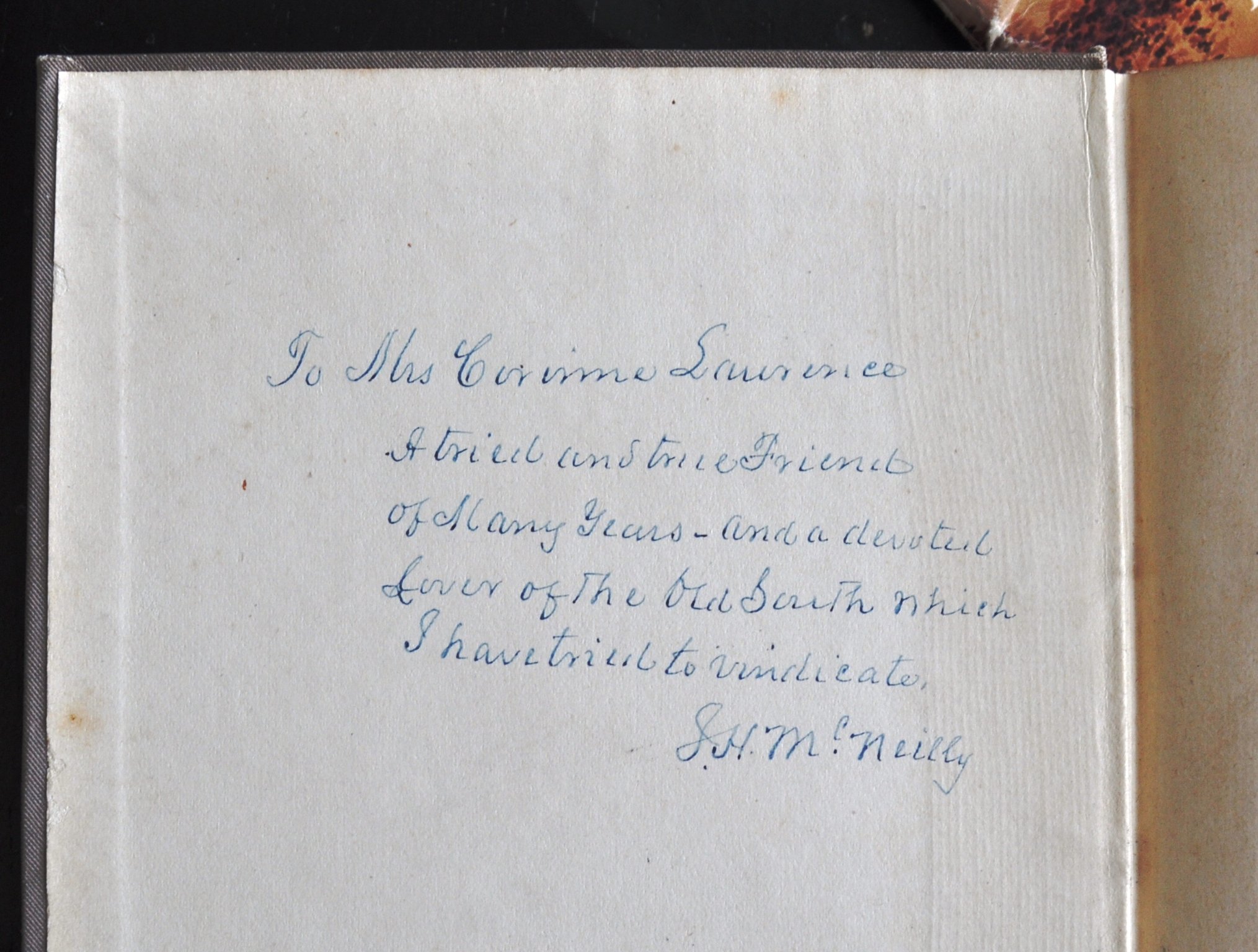
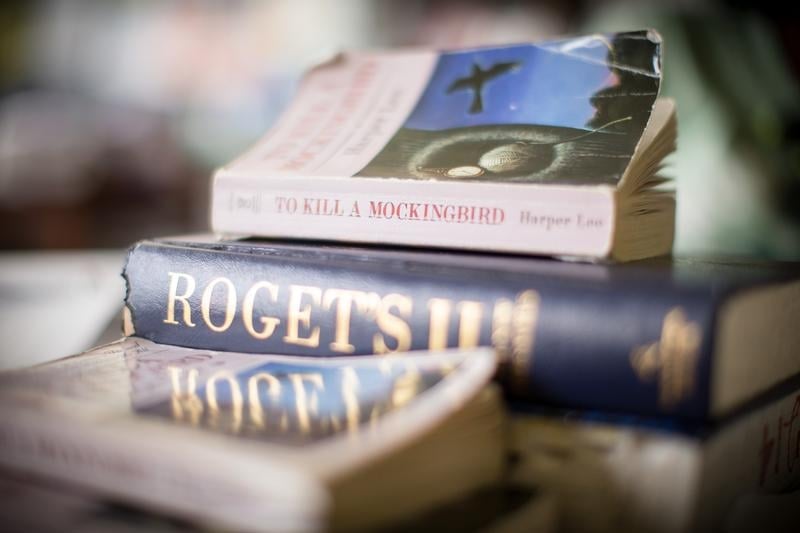


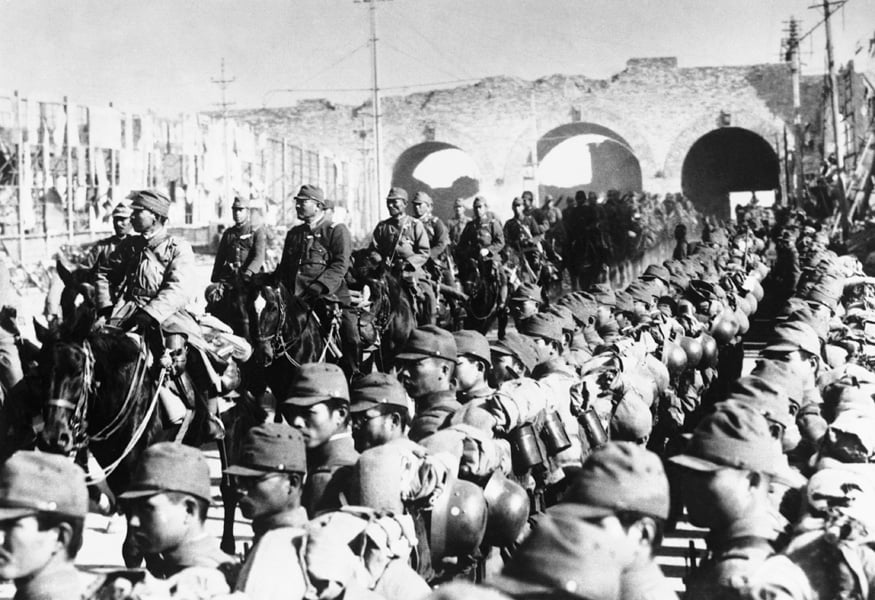
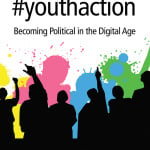
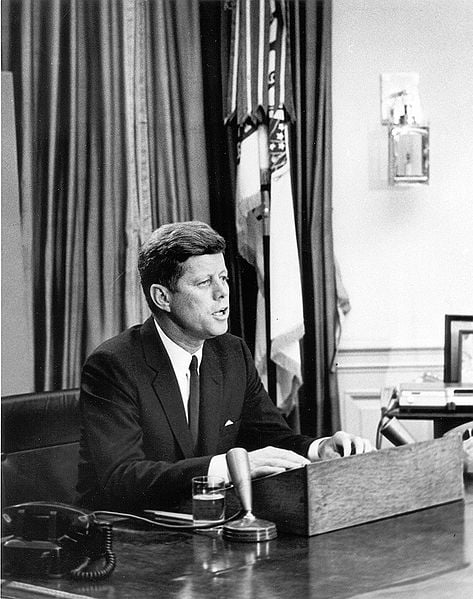
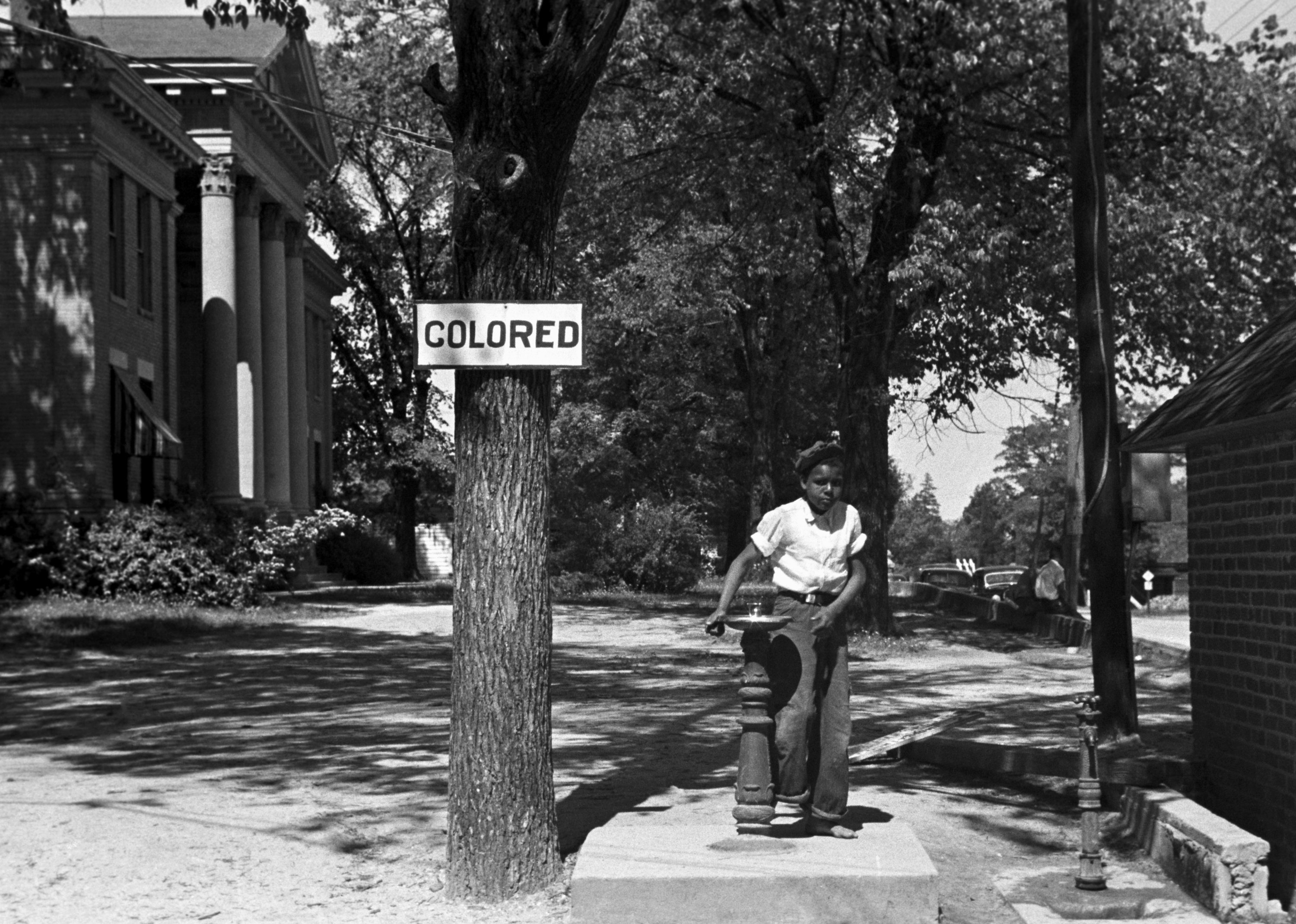
.png?width=778&name=Untitled%20design%20(36).png) Seventy years ago this fall, the word "genocide" made its debut into the English language, on page 79 of the 674-page Axis Rule in Occupied Europe [which you can find
Seventy years ago this fall, the word "genocide" made its debut into the English language, on page 79 of the 674-page Axis Rule in Occupied Europe [which you can find